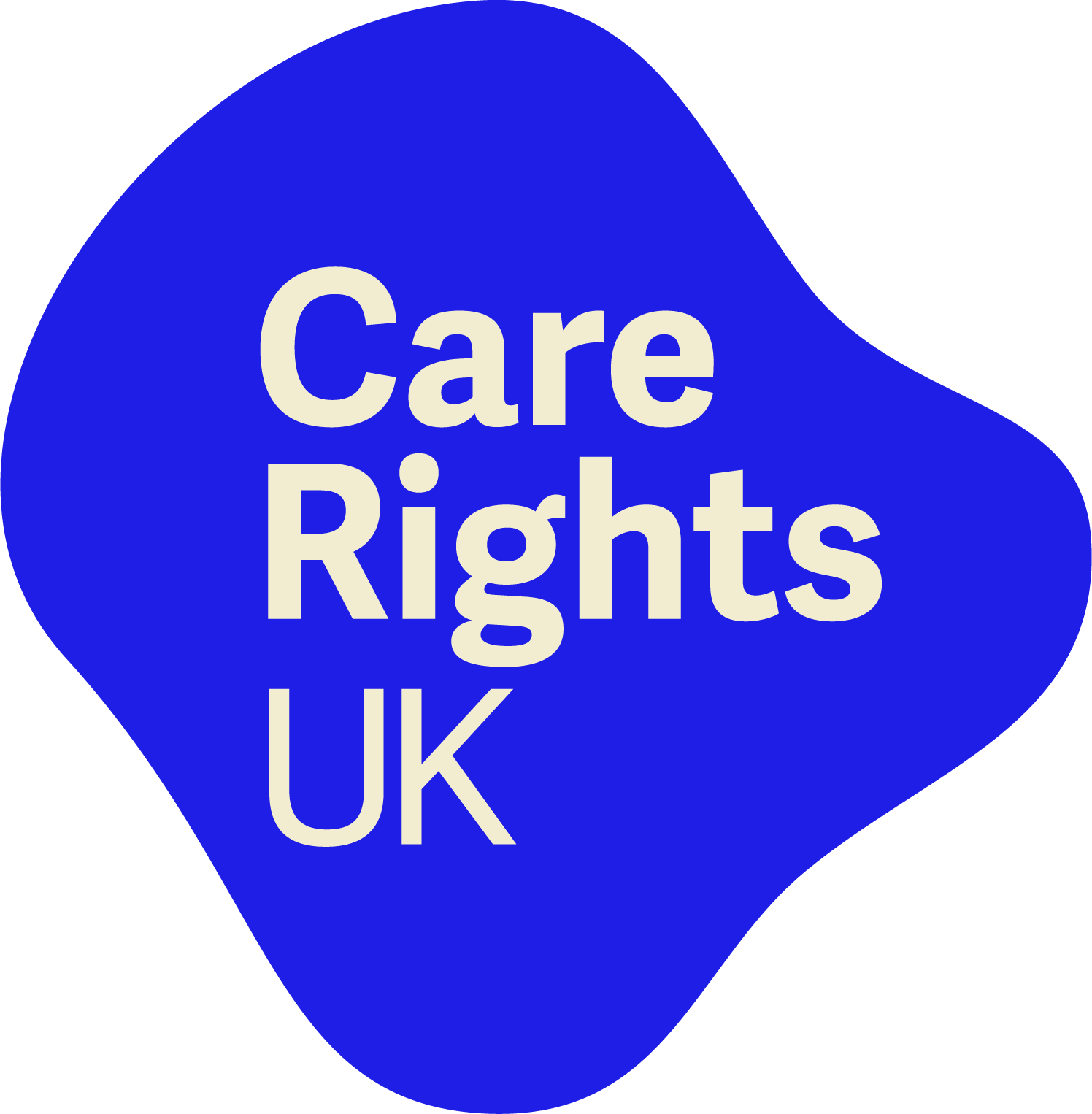Using human rights to stand up against assault in care
A relative shares their story of using human rights law to advocate for their gran’s safety and dignity after a sexual assault in her care home. We are grateful to them for speaking out, anonymously.
Content warning – rape
It should never have happened, but it did. My gran was raped. In her bed in her care home, she was assaulted. Tucked up that night, she should have been safe but she wasn’t.
The assailant was a fellow resident in the care home. Like my gran, he also had severe dementia. The staff at the care home tried to be supportive, as did the doctor and the police. But it was easier for them to brush it under the rug – it had happened, what could they do now? They couldn’t press charges, and the assailant was vulnerable himself. It was regrettable but after all, they said, would my gran even remember?
As a family, we reeled from the shock that this happened in the very place that was meant to keep my gran safe when she was no longer able to live at home. I was desperately sad and angry that this had happened to my wonderful gran and I was determined not to be fobbed off.
It was hard going up against professionals, especially when those professionals just wanted this to go away. They fell back on their jargon and corporate processes, which we didn’t know and struggled to follow. They said that there wasn’t much they could do, now that it had happened. They promised that “lessons would be learnt” but we didn’t know what lessons or who would be learning them.
Without human rights, we wouldn’t have had the words, confidence or power. I knew that what had happened was wrong – so very wrong. I felt that in the pit of my stomach. It was only through human rights that I was able to put that knowing and that feeling into words and action.
Our Human Rights Act protects us all from inhumane and degrading treatment. This right protects us from ill-treatment that causes severe mental or physical suffering or treatment that is grossly humiliating or breaches someone’s dignity, which includes rape and sexual assault. This right also puts a positive obligation on public authorities to protect us from such serious ill-treatment from others.
The right not to be treated in an inhuman or degrading way is an absolute right, so it must never be breached. It didn’t matter if she remembered or not. What mattered was that it happened, and it shouldn’t have. We used these words with the professionals – we could say, this is about her human rights. My gran has a right to be free from inhuman and degrading treatment. You have to protect her rights, we said, and that’s not negotiable.
Armed with those words, the balance of power shifted. The professionals listened and took us more seriously. That feeling in my stomach couldn’t be dismissed – it was written down in law. Without human rights, we couldn’t have stood up for my gran in the way she needed us to, when she couldn’t herself. Without human rights, we wouldn’t have had the words, confidence or power.
We never went to court or pursued legal action but used human rights to advocate for my gran’s dignity and safety. We’d been apprehensive about rocking the boat when the care home was the only facility locally that would care for my gran because of her dementia, but we were adamant that things couldn’t just continue with the assailant and my gran living together.
After advocating using human rights, the care home made a plan with us to ensure that my gran would be kept safe, didn’t have to live alongside her assailant and would get the support she needed.
The Human Rights Act was there for my gran and my family when we needed it. Now it is under threat. This Government is planning to introduce new legislation which will strip away our human rights protections. It’s chilling. The Human Rights Act is a vital safety net – we never know when we’ll need to use our human rights. It’s terrifying that the only thing that helped my family challenge poor care might not be there for others. We can’t let the Government weaken our rights.
If you have been affected by any of the issues raised, or would like support with any concerns you have about social care, please contact our helpline.
